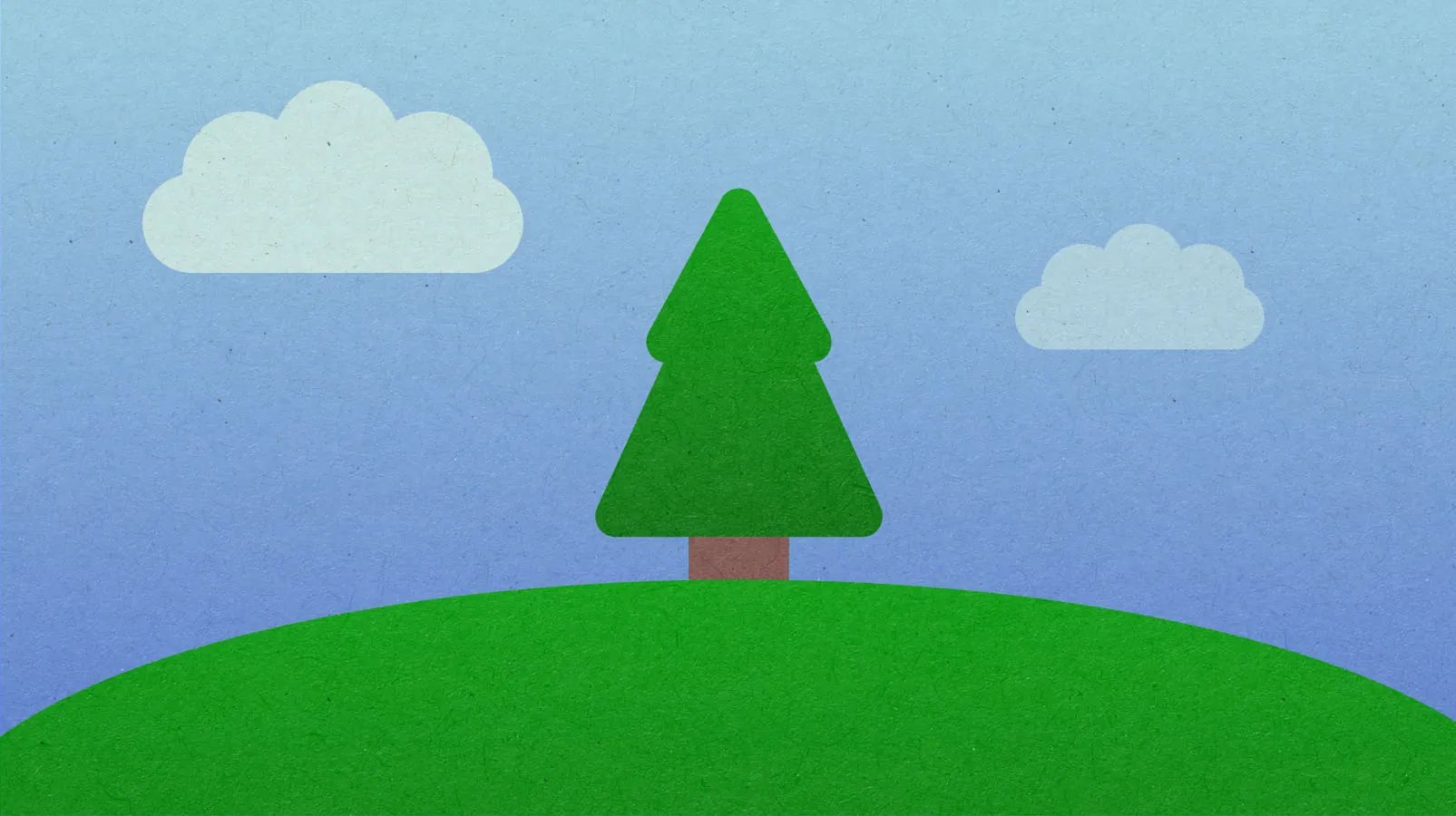The Sun Room: Oneness-Family School (OFS)
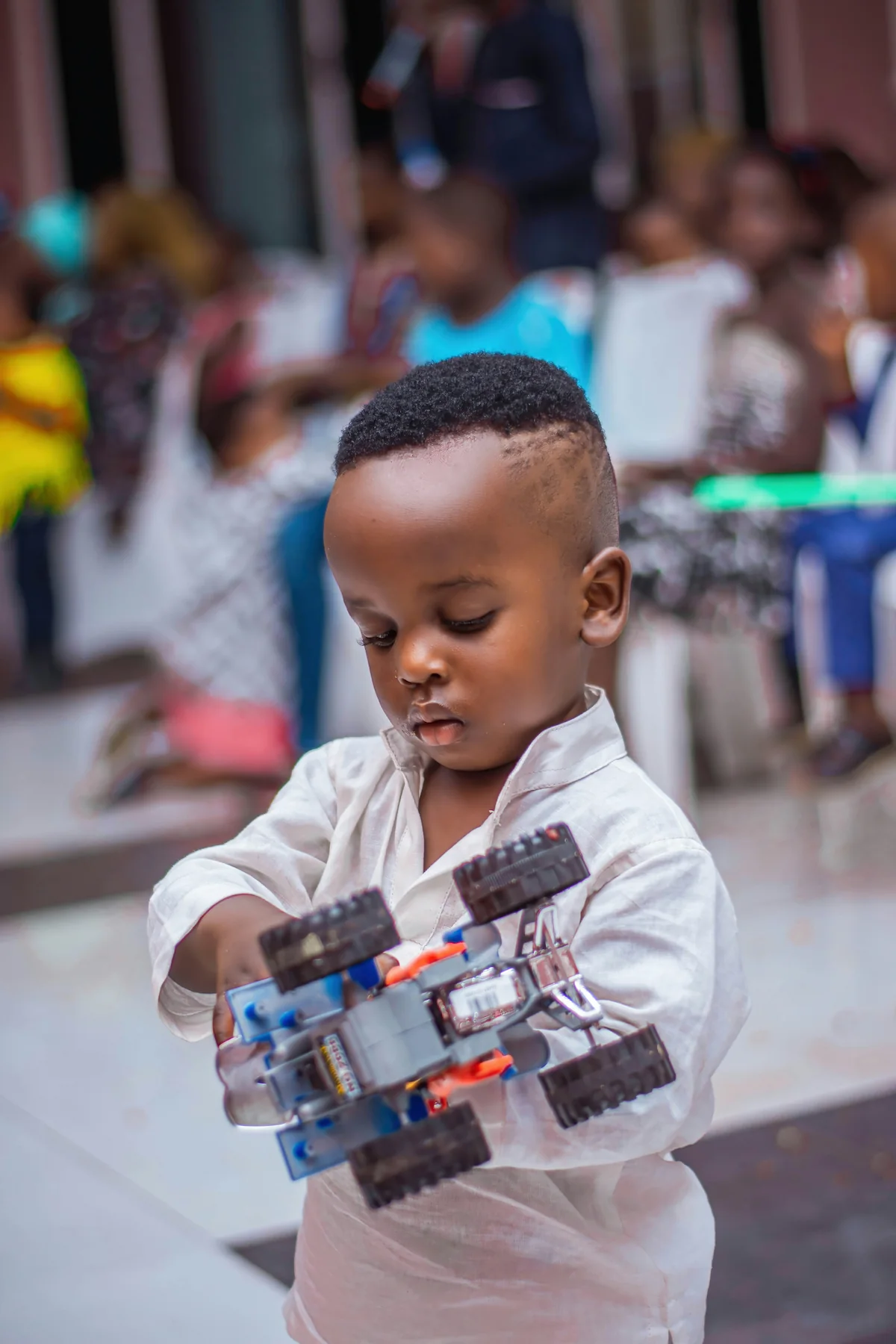 AND
AND
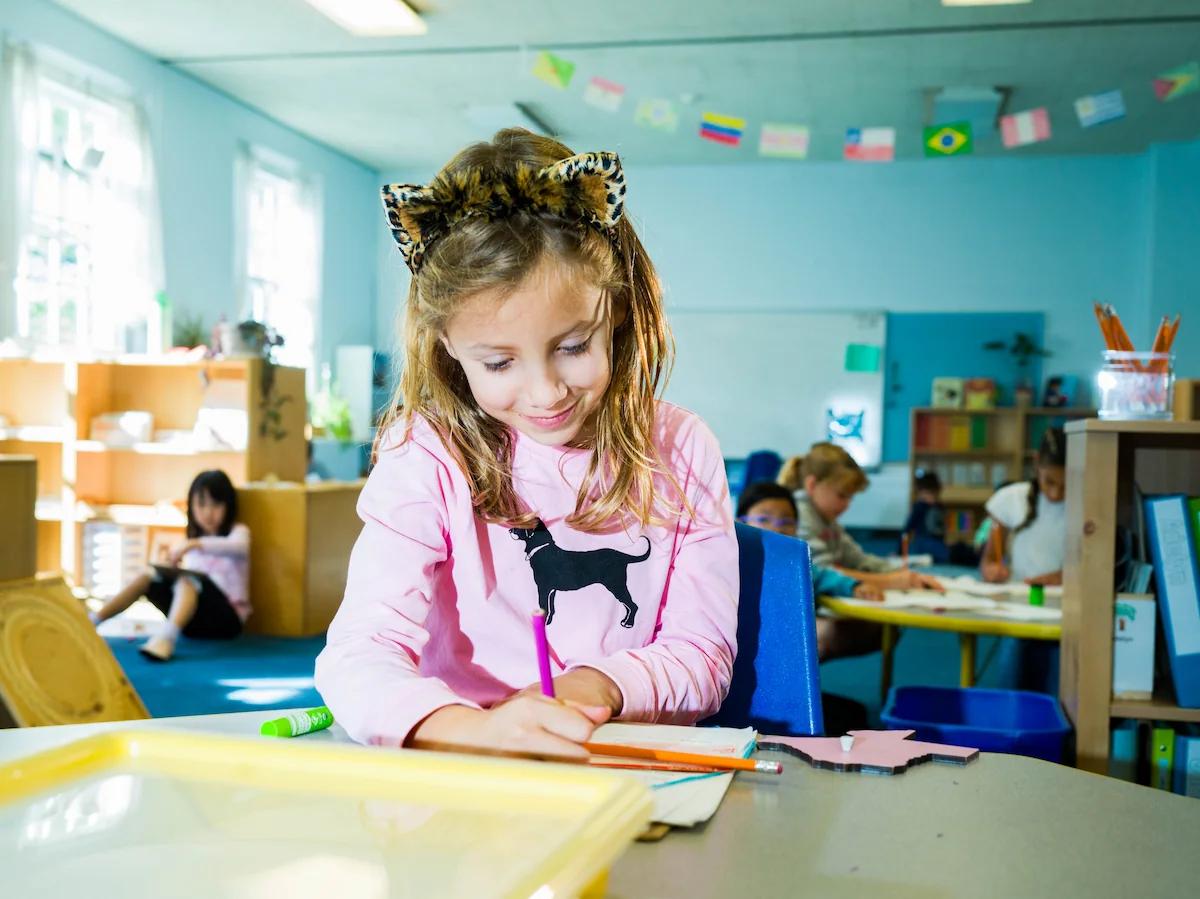 LEARN
LEARN
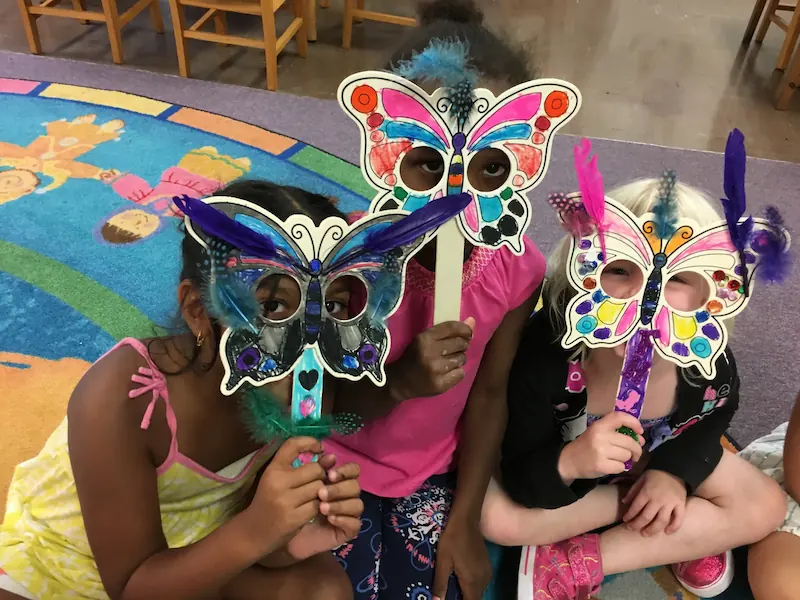 SUN
ROOM
SUN
ROOM
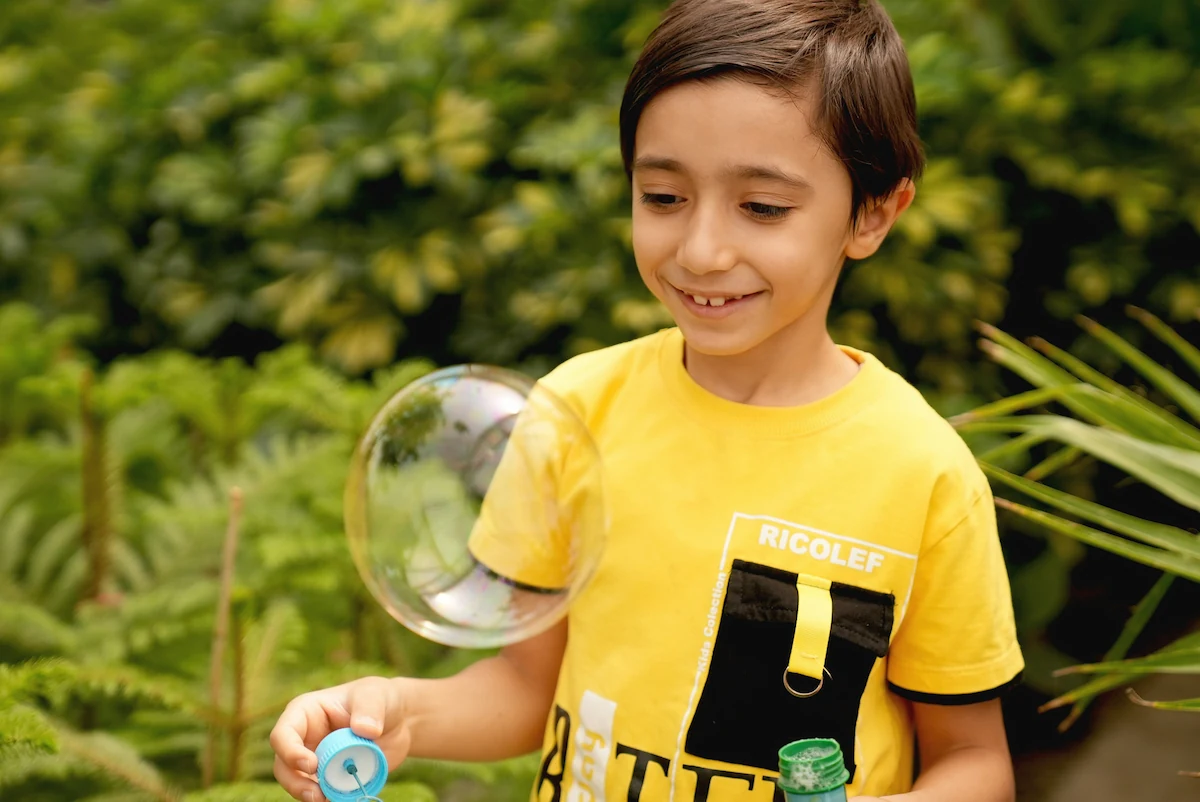
Ages 3 – 6
The Sun Room is a specially-designed learning environment for our Preschool and Kindergarten program for children aged three to six years old, with Melissa Maltby and Lisa Pawley as the Sun Room Primary Program Teachers. The Sun Room is twinned with The Moon Room, which is also for children aged three to six years old.
“Help Me Help Myself”
In the Sun Room, we explore the child’s innate drive for self-development and independence, with teachers guiding and facilitating that experience.
Explore Our PReschool & Kindergarten ProgramTake A Look Around The Sun Room
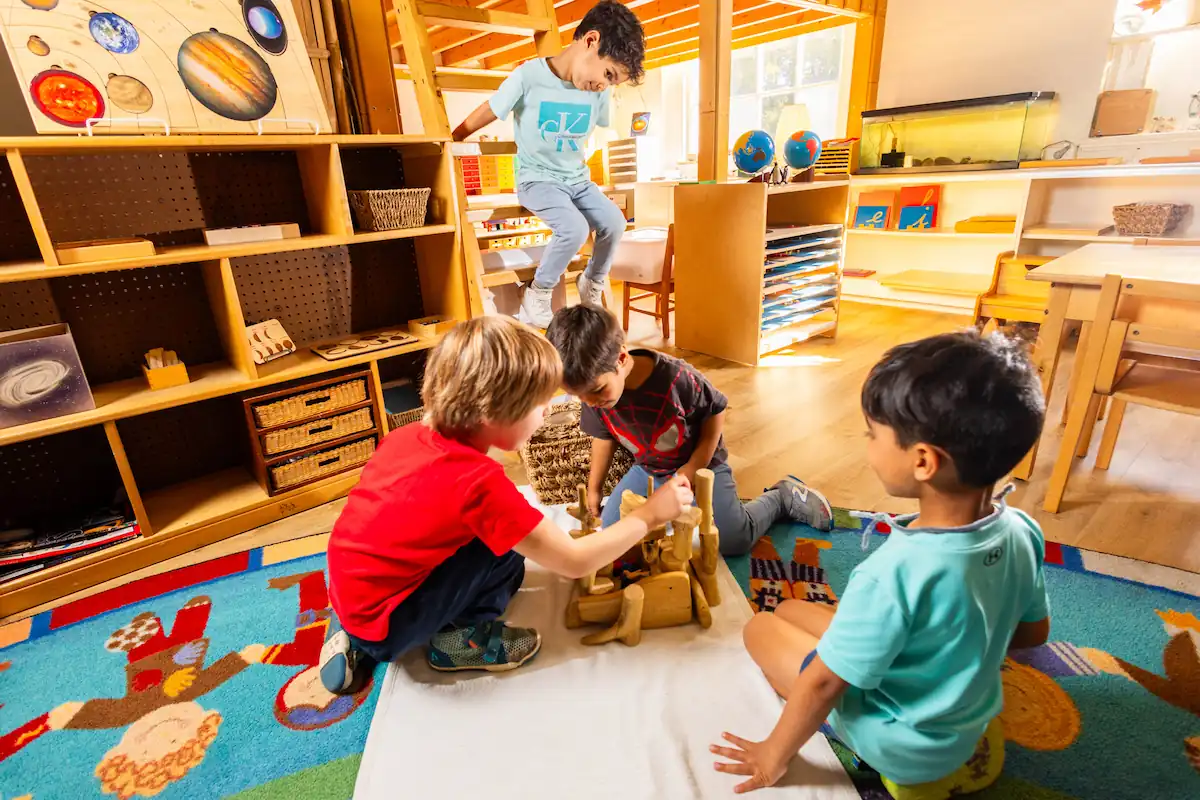
Specially designed tools engage the senses and help children build foundational skills through concrete exploration.
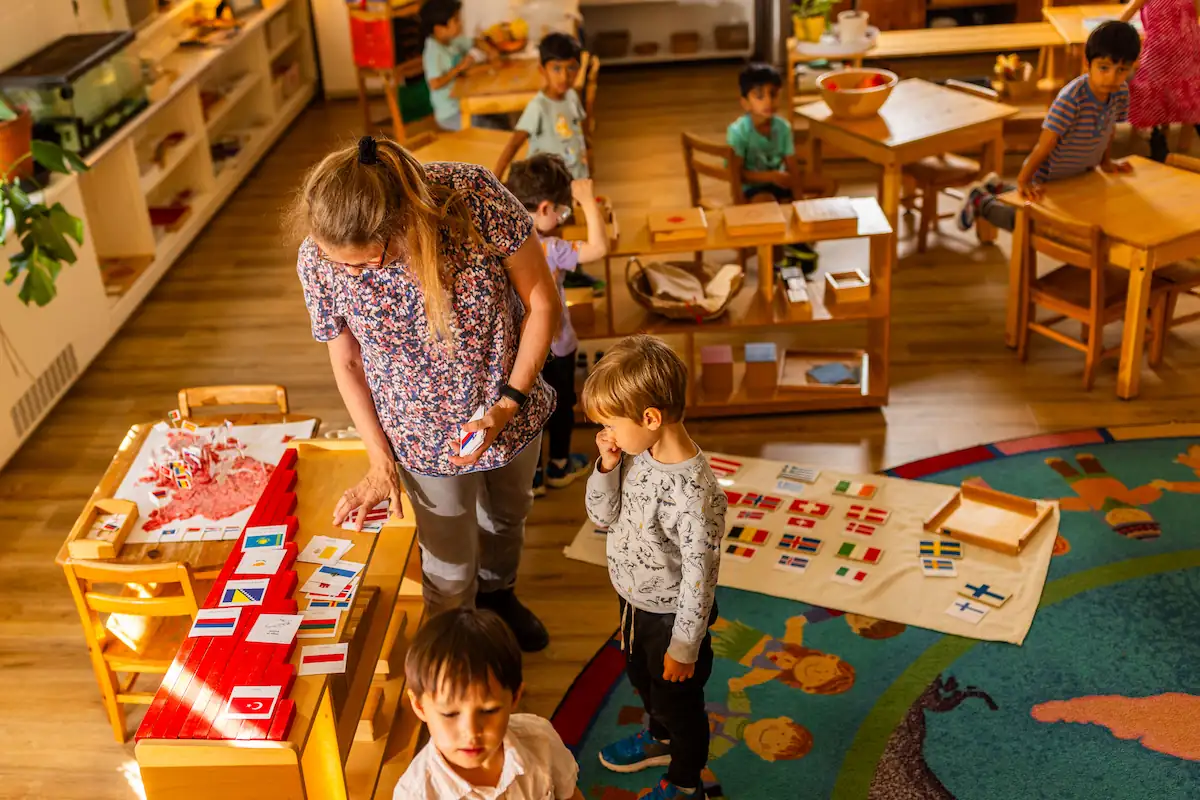
Furniture and materials are scaled to the child’s size and arranged logically to support independence and purposeful activity.
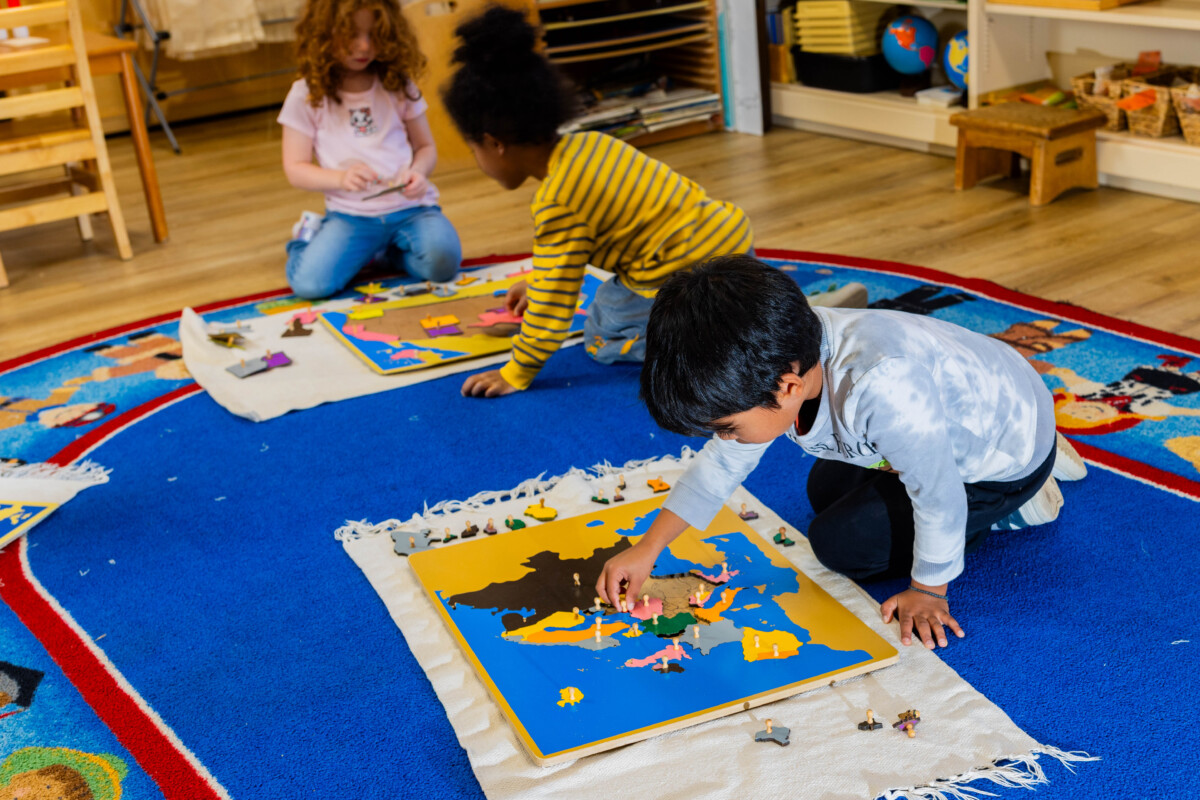
Furniture and materials are scaled to the child’s size and arranged logically to support independence and purposeful activity.
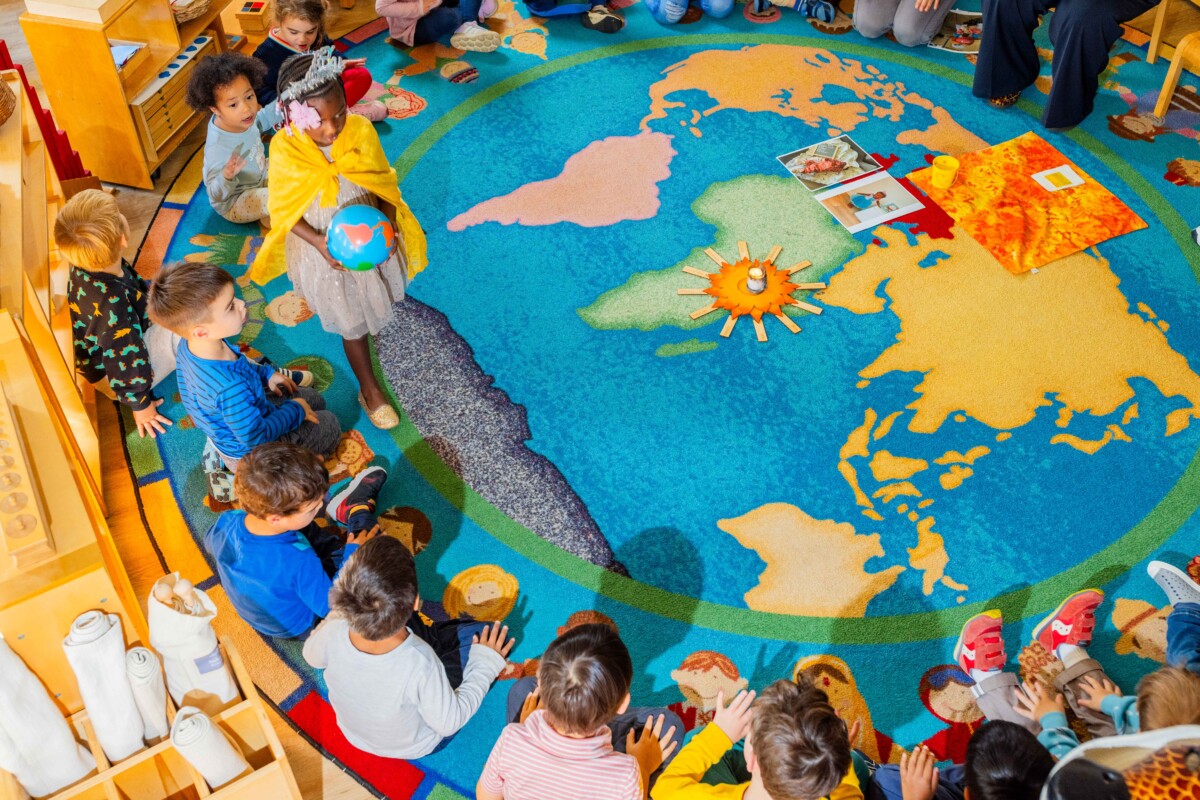
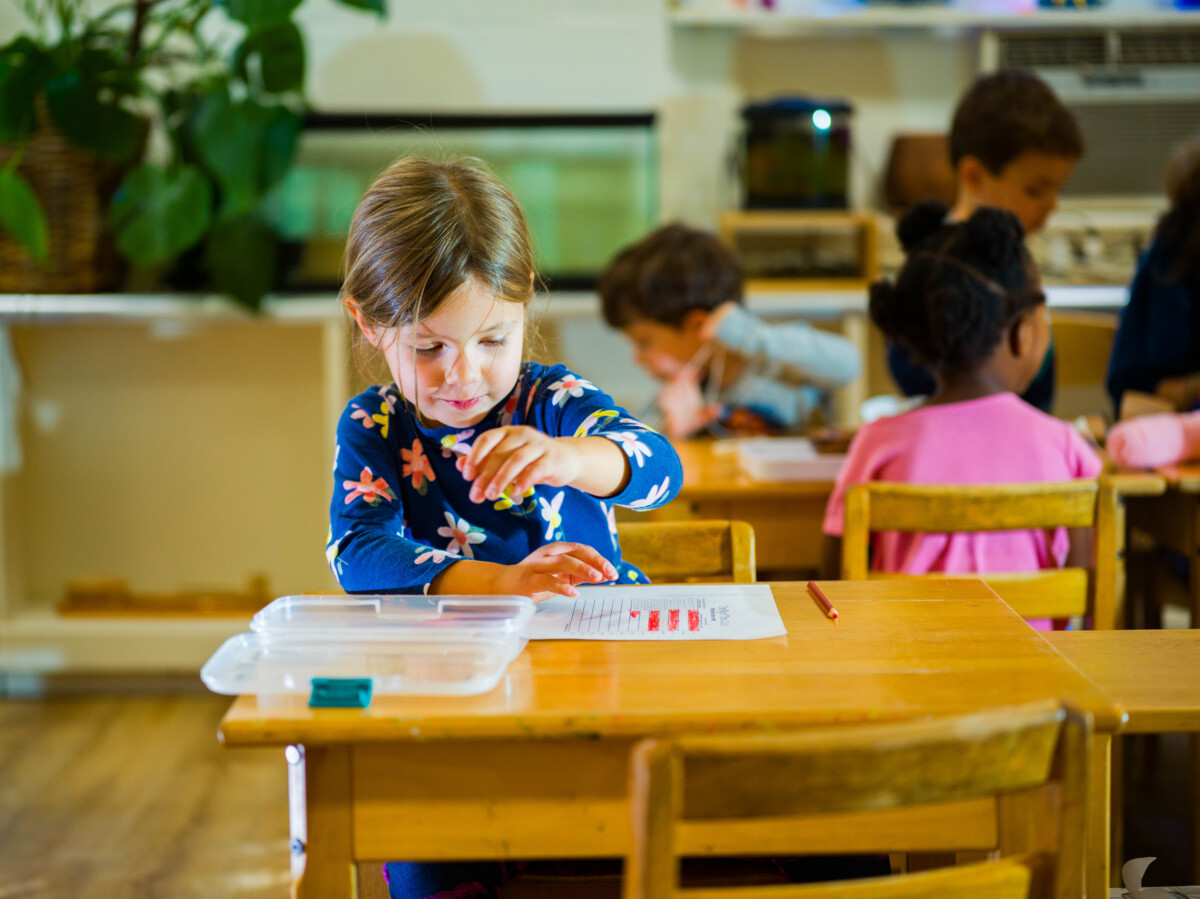
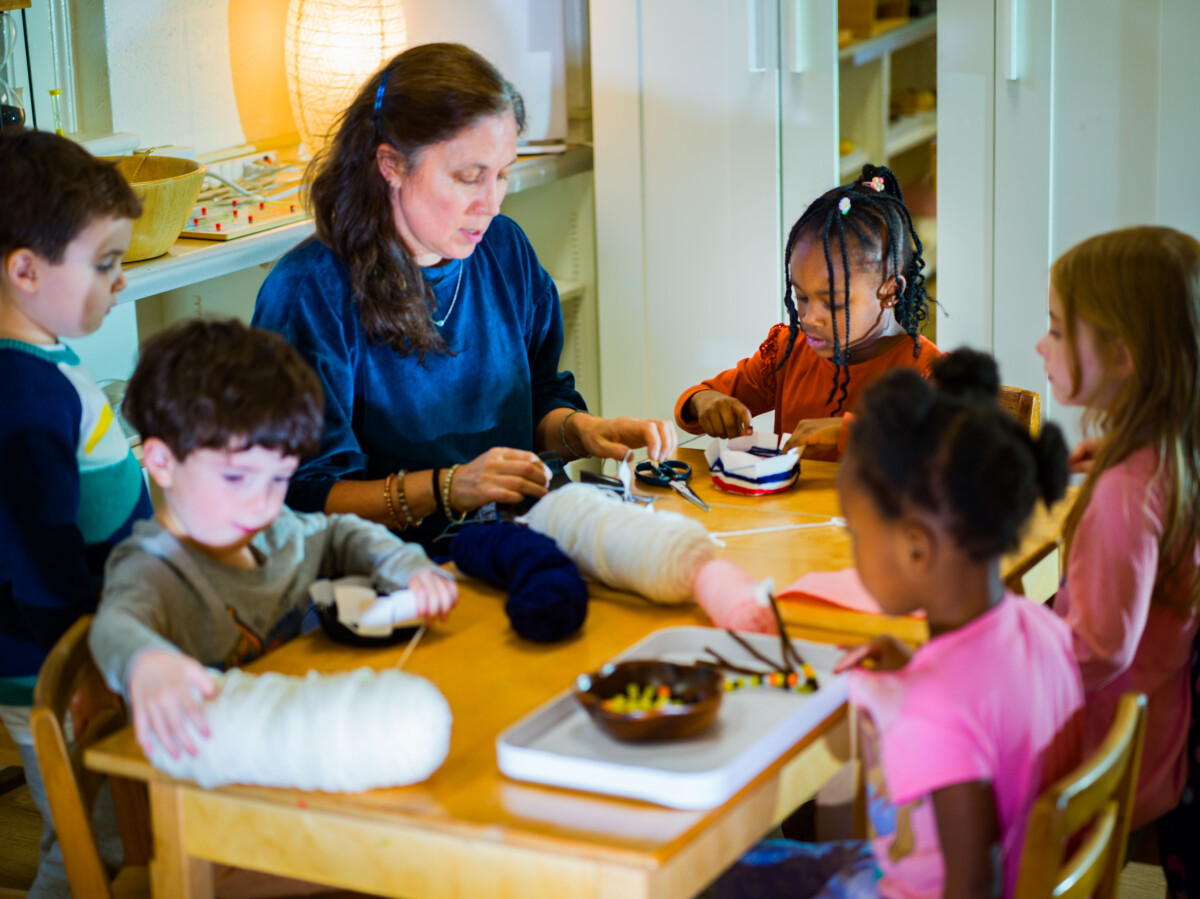

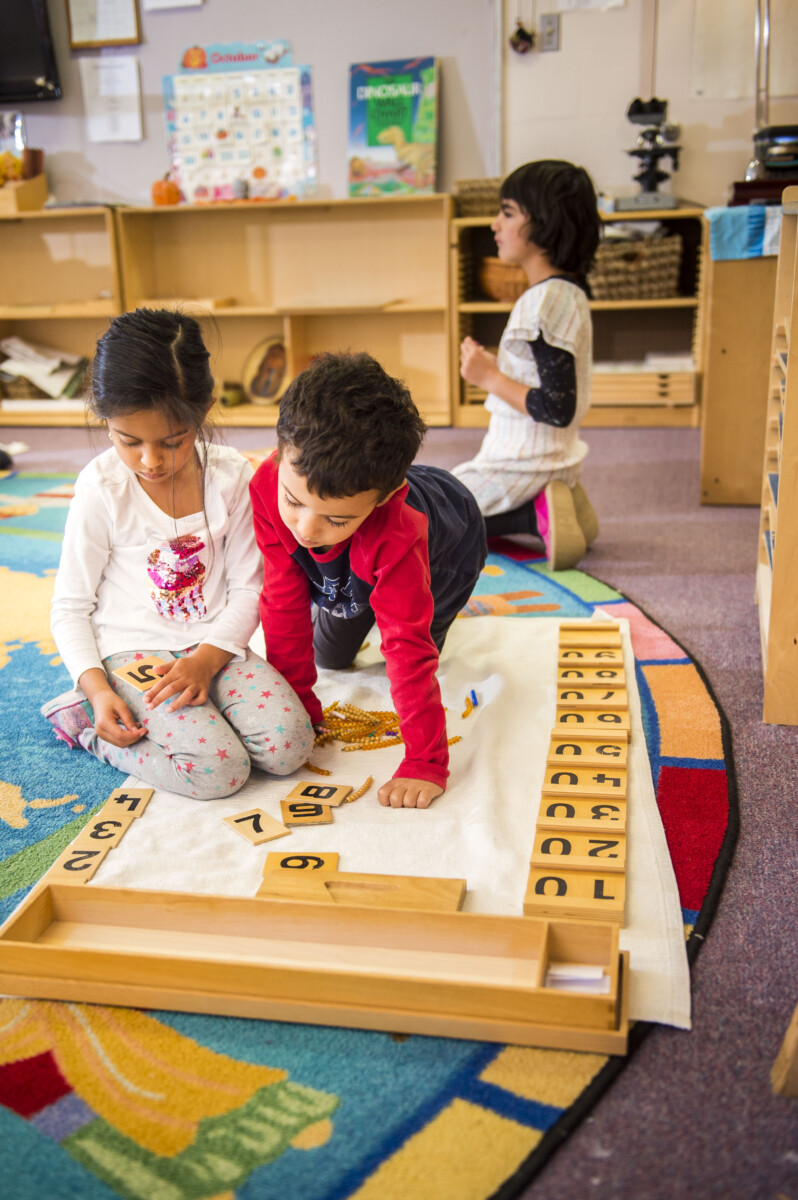
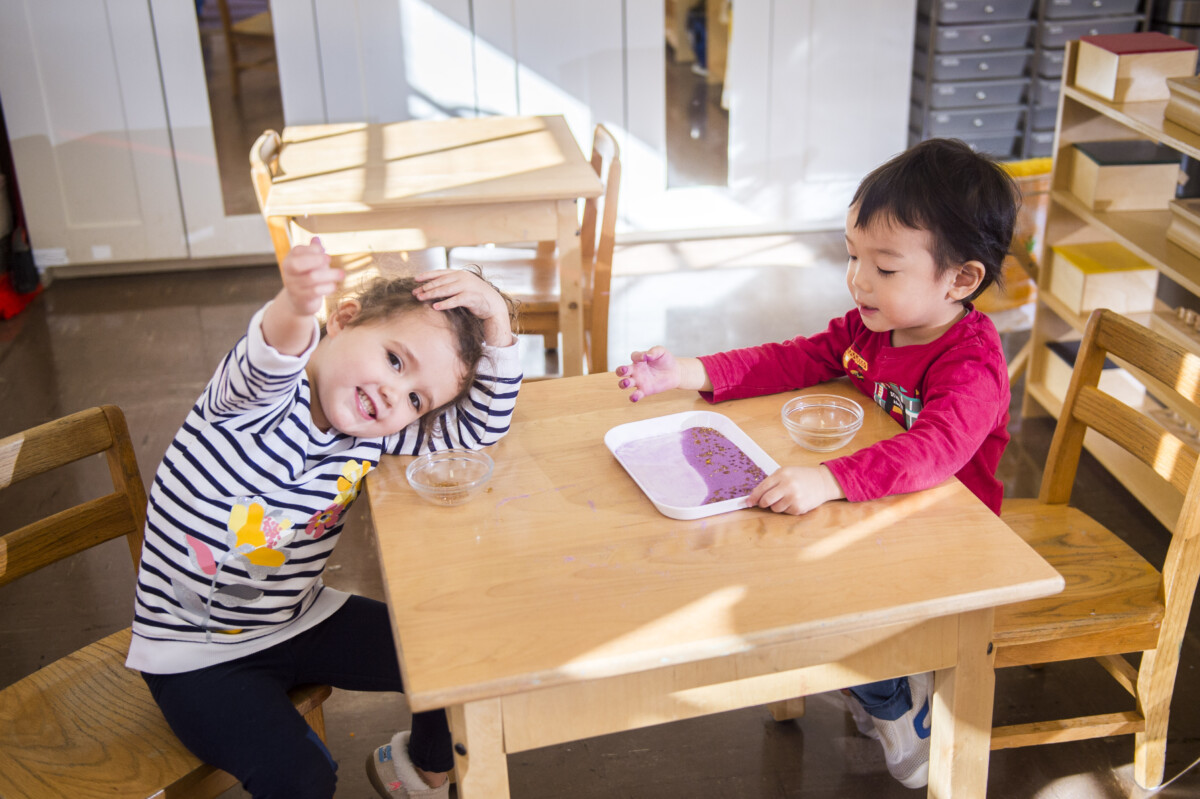
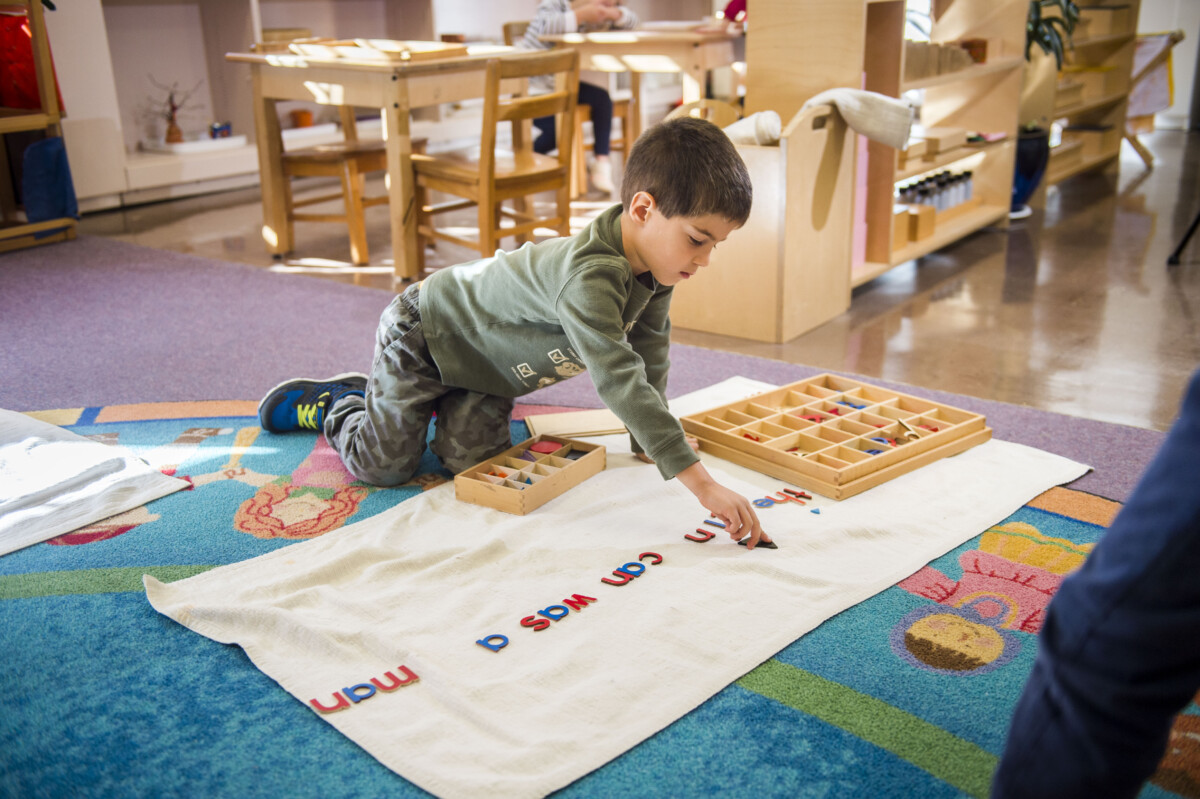
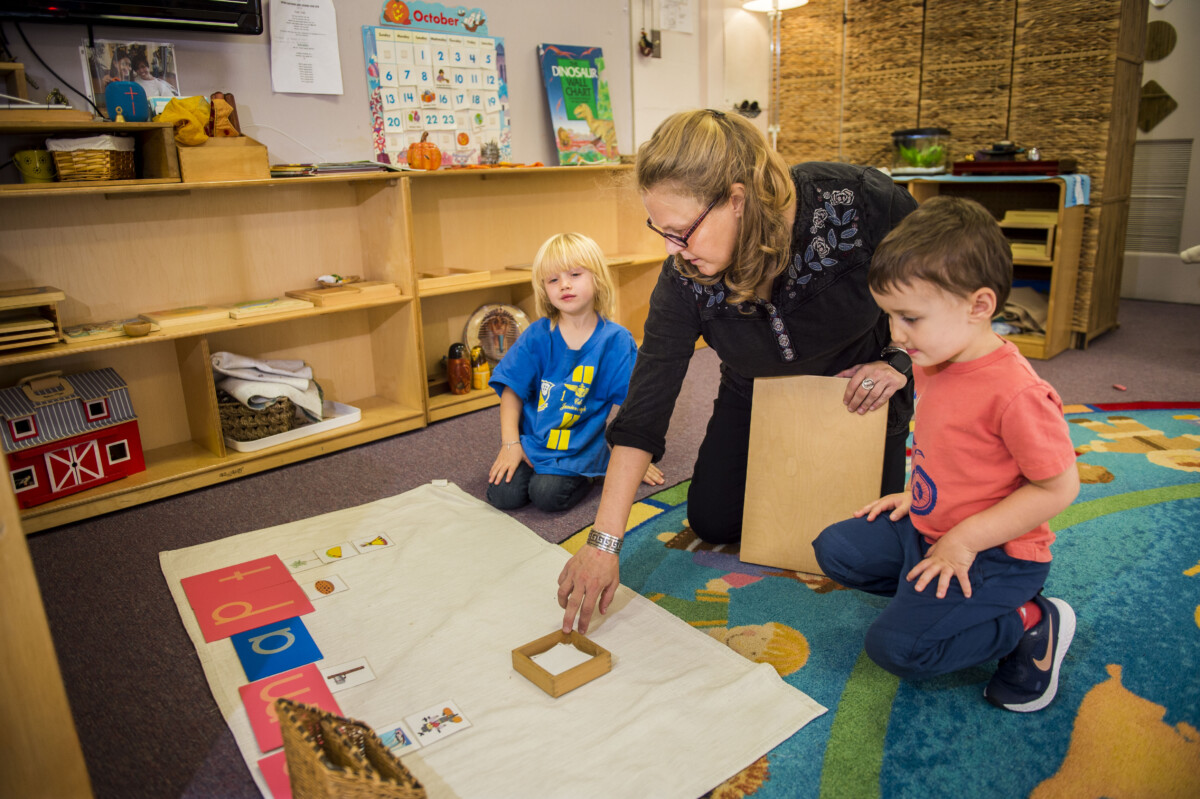
Take A Peek
Whenever one peeks into the Sun and Moon Rooms, students wave cheerfully and often come up to tell or show a visitor what they are working on.
Meet Your Teachers
-
Lisa Pawley
Primary Program Teacher (Age 3-6), Sun Room
Email
Biography
After more than 15 years of teaching and raising children, Lisa uses her sense of humor to explain concepts in a simple way, attuned to the student’s ability level.
A certified Maryland State Department of Education and Montessori teacher, Lisa has a BA in Performing Arts and a Masters in Dance/Movement Therapy with a minor in Counseling Psychology.She believes it is important for students to develop the ability to confidently think through problems and track their thinking process as they move toward a solution.
Yet for Lisa, the greatest lesson a teacher can bring to students is to help deepen their ability to love and cherish themselves. A key part at OFS is the emotional literacy program that teaches students to become aware of their feelings and those of their classmates. This then makes it possible to help them navigate through situations of conflict using healthy communication methods—and in turn fosters a lifelong skill set.
In her spare time, Lisa likes to dance and write poetry.
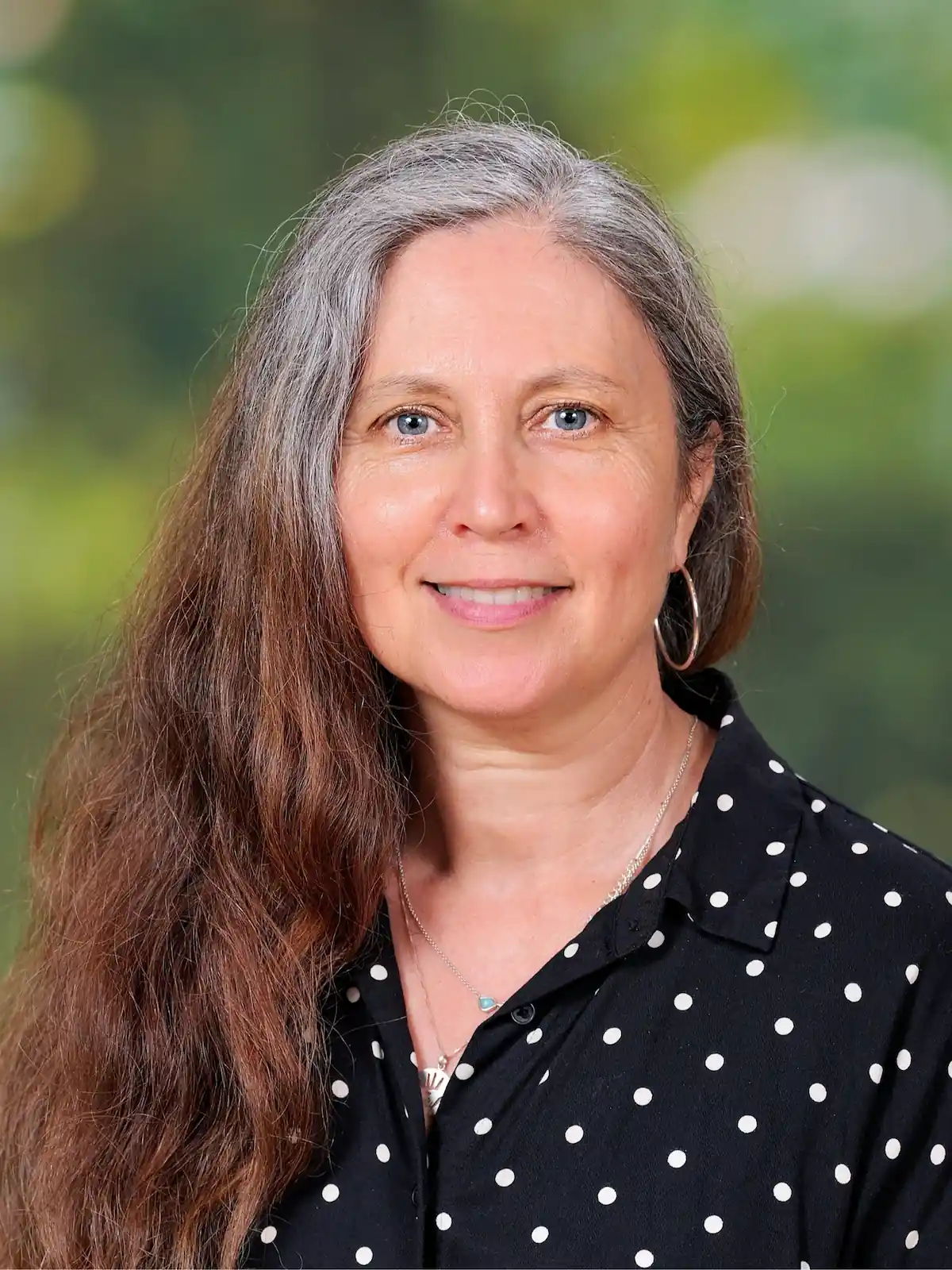
-
Melissa Maltby
Primary Program Teacher (Ages 3-6), Sun Room
Email
Biography
Melissa came to the teaching field and Oneness-Family School in 2014 after a long career working for the Washington Post. Her areas of expertise and experience encompass special education and recreational coordination, as well as childcare. She holds an MSDE teacher certificate and an Early Childhood AMS Montessori degree.
Melissa is a lifelong learner and devoted to teaching young children minds. When a child has a question, she takes the time to converse, explore, and experiment with an idea so that they develop an interest in knowledge in the subject. She aims to connect with each child and make them feel seen and heard.
Melissa enjoys art, playing with her cat Java, and teaching her bird Flare tricks. She loves nature and the feeling of being connected to something greater than herself and traveling to find beauty in the things she hasn’t seen or experienced before.
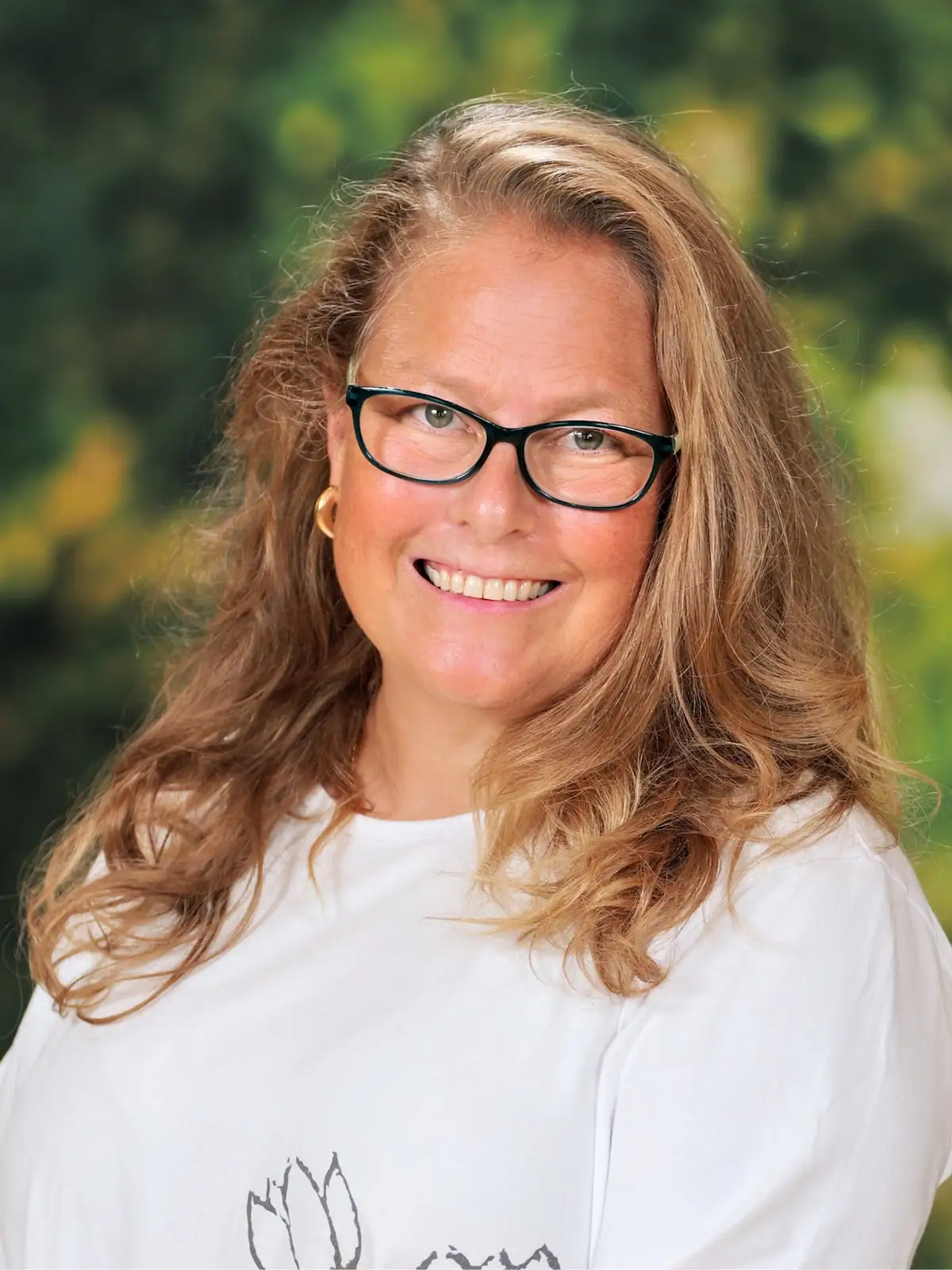
-
Cameron Youngblood
Primary Programs Assistant Teacher (Age 3-6)
Email
Biography
Cameron came to Oneness-Family School after five years at Wellan Montessori School in Massachusetts, where he supported children’s growth and learning in a variety of classroom settings. His work there gave him valuable experience with Montessori education and a deep appreciation for the independence and curiosity children bring to their learning. Cameron graduated from Grinnell College, where he honed his skills in research, writing, and communication, as well as his ability to collaborate and think critically.
In the classroom, Cameron brings warmth, attentiveness, and curiosity to his interactions with students. He is committed to creating an environment where children feel comfortable taking risks, asking questions, and exploring their interests. Cameron believes that learning is most powerful when it is connected to a child’s natural sense of wonder, and he strives to nurture that spark by listening carefully and responding thoughtfully.
Outside of school, Cameron practices Brazilian Jiu Jitsu and enjoys running, he is also a lifelong fan of the beach, hiking, baking and is a devoted supporter of Boston sports teams. In addition to these interests, Cameron has a rich background in Buddhist practice, he was previously ordained as a monastic under the Thai Theravāda Buddhist tradition and continues to cultivate his practice at Wat Thai Washington, D.C. This grounding in mindfulness and reflection deeply informs his teaching, helping him to remain present, patient, and engaged with each child.
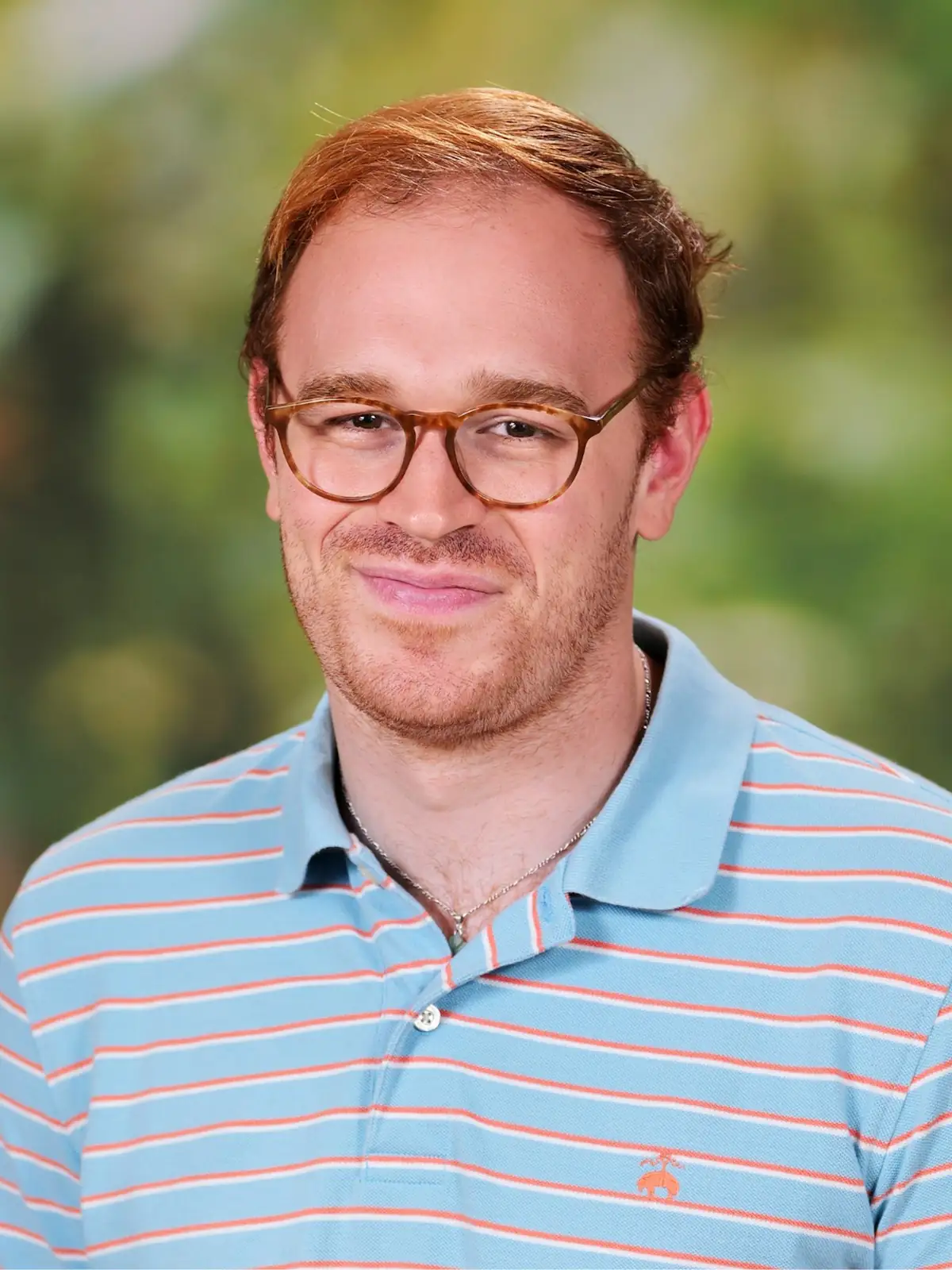
A Space to Learn and Explore
In all our classrooms, the environment is carefully designed to promote exploration and discovery, with materials that are specially designed to be engaging and educational.
A Typical Day In the Sun Room
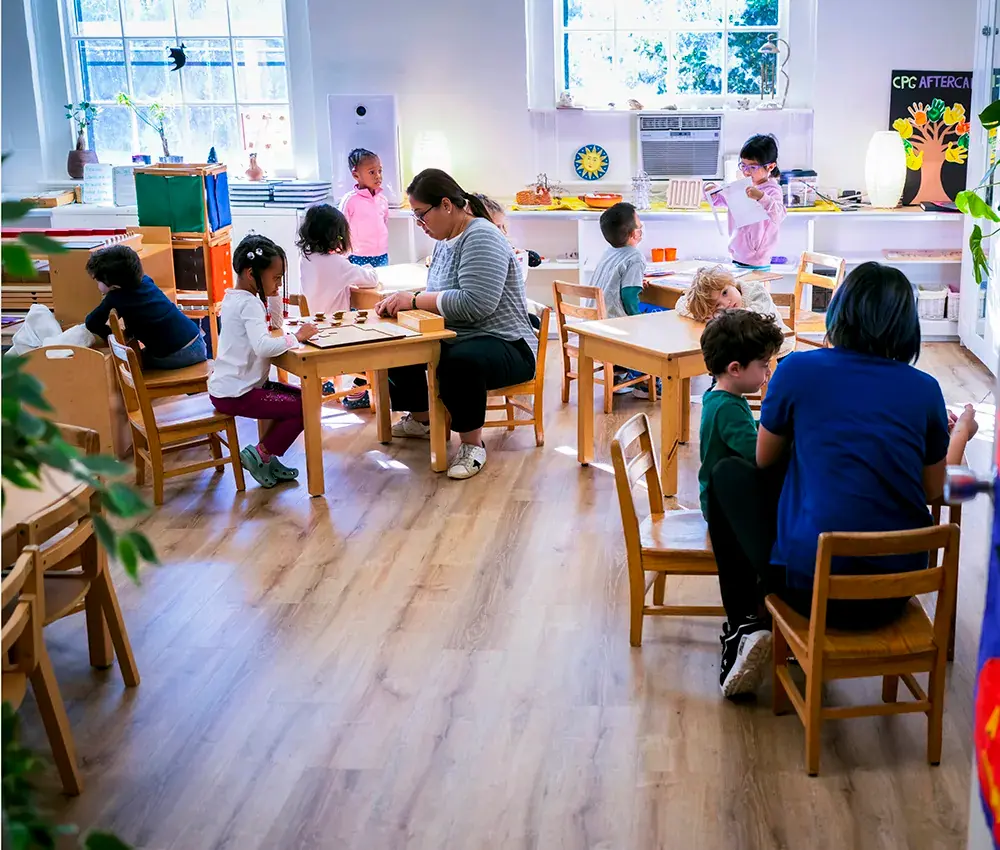
Exploring Self-Discovery
The children are able to explore, discover, and enhance their personal talents as they learn to express themselves creatively.
First Impressions
On any typical day in The Sun Room, you will find children working on a floor rug or at the table, and today is no different! A child lays out a three-part picture and nomenclature cards for the frog, matching them to physical models for each stage, while another uses a magnifying glass to examine objects that the students have discovered in nature. A healthy snack prepared by the teachers is available.
As part of our Self-Discovery curriculum, classes in foreign language, art, yoga, physical education, and creative movement are introduced at this level. The children are able to explore, discover, and enhance their personal talents as they learn to express themselves creatively. Peer bonds and social skills are often strengthened through shared participation, as well.
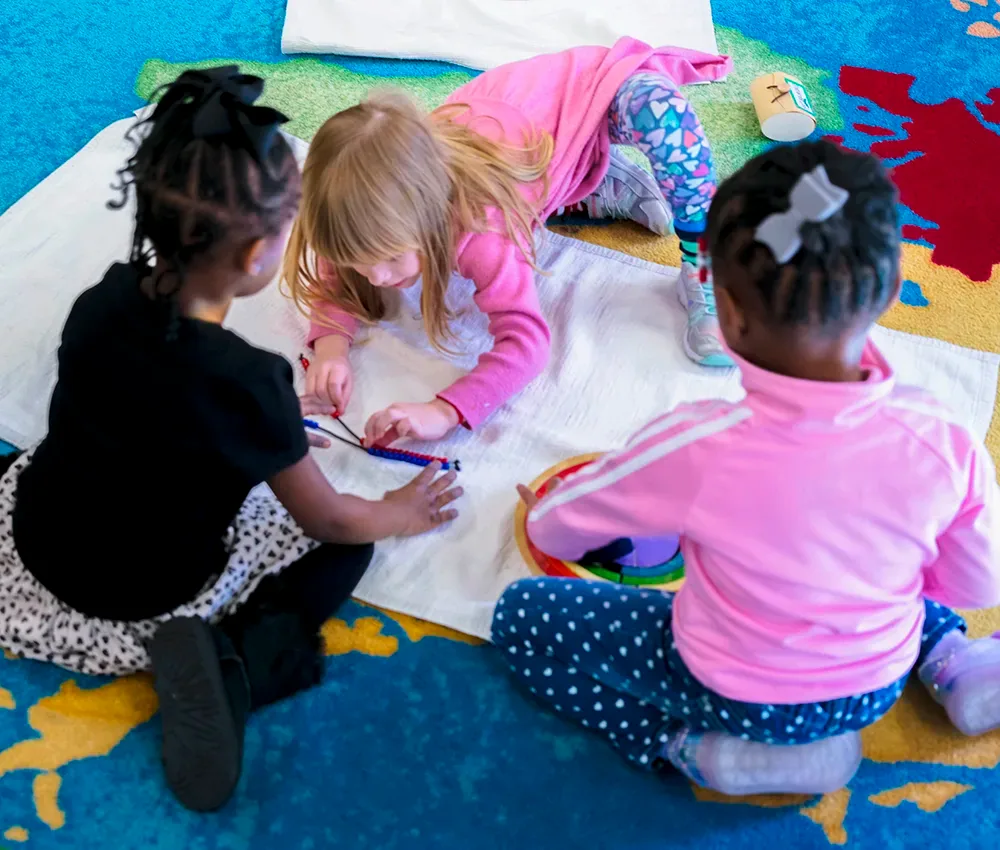
Using Sensory Materials To Learn
Children can form a strong sense of dimentions, spatial relations and patterns.
Exploring the Math Area
In the math area, someone is working on the Hundred Board lesson, arranging number tiles from one to one hundred into a lined grid. A younger child works with Cards and Counters, laying out quantities to match numerals and identifying odd and even numbers. At a table nearby, a child uses the Stamp Game to multiply a number in the thousands, using dynamic regrouping skills in the process and recording his answer on paper.
A staple material and one often recognized as “Montessori” are the sensorial materials such as the pink tower or brown stairs. A child works to construct patterns and forms using the Pink Tower and Brown Stair, as he forms a strong sense of dimension, spatial relations, and patterns.

Supporting Academic Advancement
Our students’ ages, interests, or unique skills do not interfere with their academic advancement, but rather support it.
Encouraging Academic Interests and Advancement
Throughout the school year, our students prepare for and participate in various special events. They practice, create displays and projects, and perform for their parents, guests, and the school community. These experiences serve to build confidence and creativity.
A great benefit of the Montessori approach is that teachers are trained to “follow the children” in their interests and abilities. This means that our students’ ages, interests, or unique skills do not interfere with their academic advancement, but rather support it.
As Dr. Montessori said, “The essential thing is to arouse such an interest that it engages the child’s whole personality.”
Arrival & Dismissal
Morning Arrival: 8:30-8:55 AM
Arrival is between 8:30 and 8:55 a.m. To help with a smooth transition, please drop off in the carpool line along the front curb, or park and walk your child to the front entrance. Staff will be present to receive your children. Children enter and begin their work right away. We advise keeping goodbyes short and sweet; we want each child to enter independently and with empowerment. Loving and reassuring short goodbyes help them grow much more than long separations and negotiations for a little more time together.
It is essential that children arrive on time (by/before 9 a.m.) daily so they will not miss (or interrupt, such as birthday celebrations) important lessons, activities, or work time
Afternoon Dismissal (3:30-3:45 PM)
Dismissal is 3:30 – 3:45 p.m. The hallways are busy and crowded at this time as students wait for parents or caregivers to arrive. You may wait in the carpool line along the curb or, if on foot, on the sidewalk along West Avenue. Once you arrive, a staff member will call your child’s name over the radio, and a teacher or office staff will walk them out to you.
Parking
Parents who want to accompany their child into the school, or enter the school to pick up their child, may use the school parking lot for up to 15 minutes. Please only use spots marked “Oneness-Family School.” Neighborhood parking is available only for families with local permits.
Please note that the OFS-marked parking spots are primarily for staff members who may arrive at different times throughout the day. The school is not responsible for any cars parked in non-OFS spots or the neighborhood without a permit.
Take The Next Step
If you’re interested in learning more, we can arrange for you to visit the school and take a tour
Book a TourA Deep-Rooted Connection with Nature

The Story Behind The Sun Room Name
One of the main pillars of the Montessori philosophy is a connection with the natural world. Doctor Maria Montessori herself understood the important role of nature and outdoor play in a child’s healthy development.

